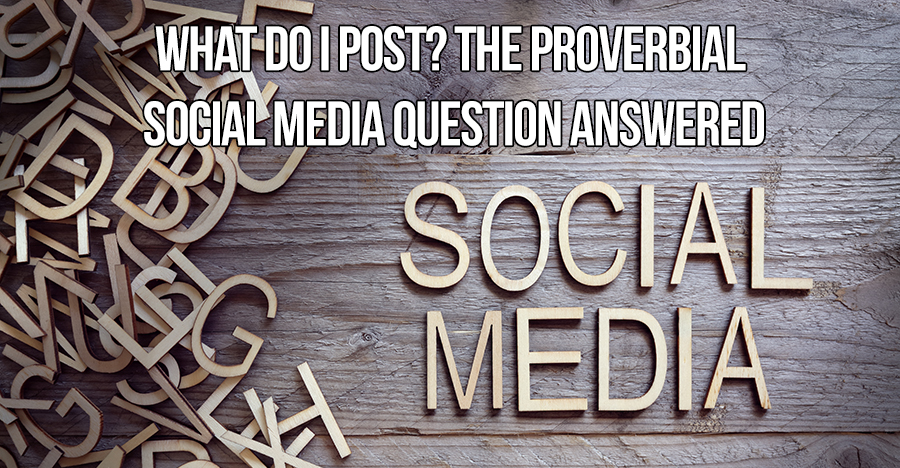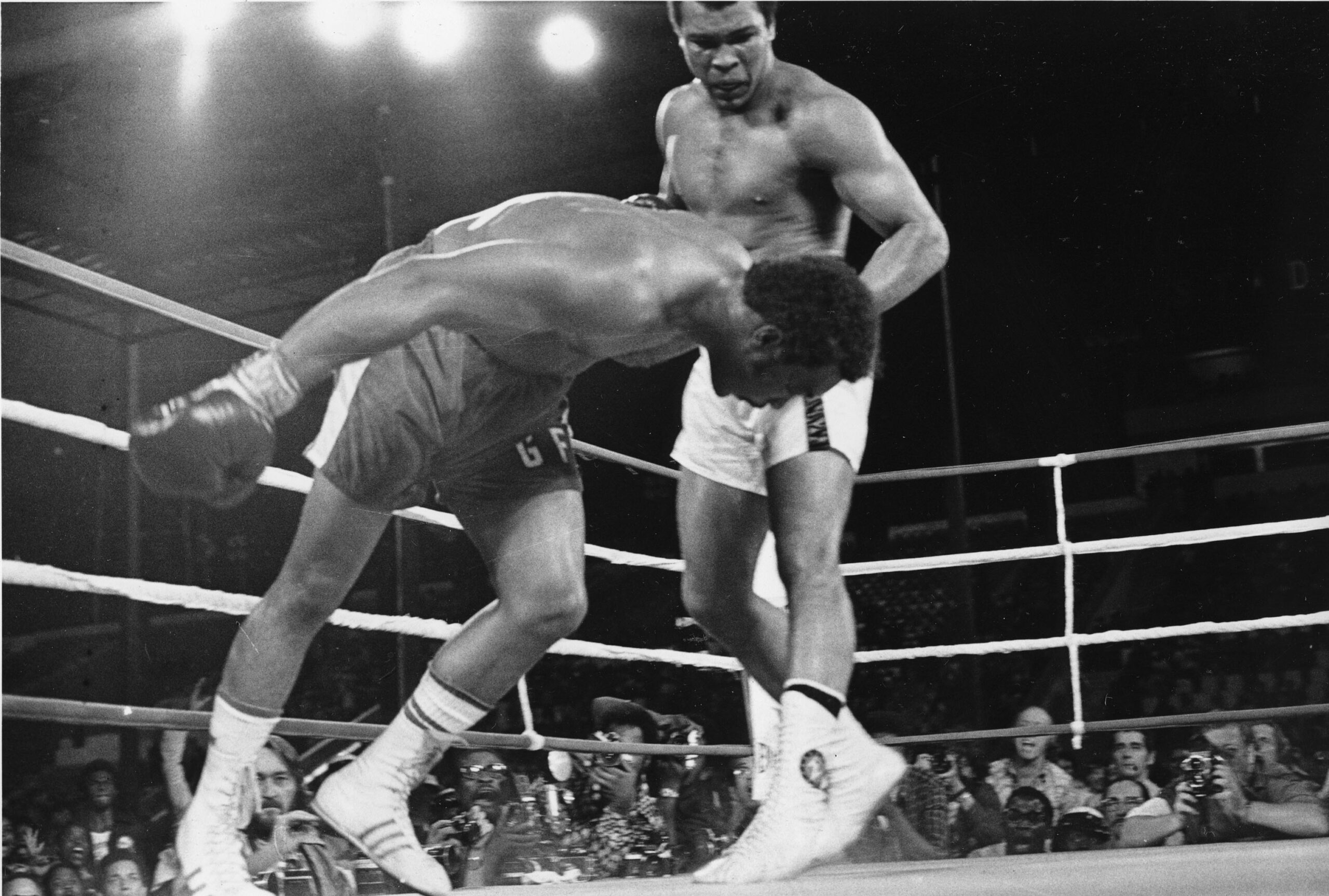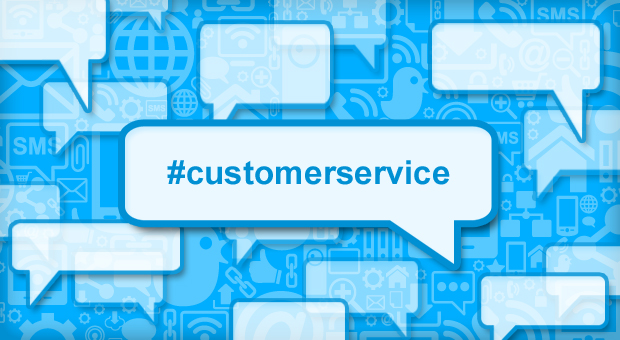Bending to Embrace a New Social Media Generation
There have been just as many headlines proclaiming “the death of Facebook” as there have been “the death of SEO” – it’s irresistible shock value for anyone who knows the basics of online marketing today. SEO is more advanced than ever, and so is Facebook while still being the biggest kid on the block… but it is changing. Its users are changing. As your new audience emerges online, by the very nature of inbound marketing, you need to know where they’ll be so that you can be ready and waiting for them to find you and follow you home – or to your homepage, that is.
This is cause for future-based strategic thinking, not a knee-jerk reaction of new profiles with no knowledge of what type of content is needed or how to disseminate it. As marketers we need to drill down a few things:
- What motivators are in play driving users’ engagement on different platforms?
- What brand-related content can you generate to engage on the right platforms?
- Based on your goals, which social media platforms will you adopt?
- Based on your target market(s), which content mix best overlaps your platform mix?

Teens and “Tweens” are still on Facebook… no question. What also remains irrefutable is that for the first time, the average age of a Facebook user has risen from 38 to 41,[1] and even Facebook has publically acknowledged that 2013 brought a 7.37% decline in teen usage. Again, no cause for panic; but if capturing the next generation is critical for your business, it would be wise to raise an eyebrow and make sure you’ve chosen the best bandwagons for your brand. The good news? Integration and overlap – adults are using many of the platforms teens are beginning to prefer anyway, and some of those platforms are already integrated with Facebook… a win-win situation for the socially savvy who understand how to keep their strongest foothold while testing out new ground. What brought about such a change when it seems every child wanted their own Facebook account only yesterday?
Teens decided Facebook just wasn’t worth it because:[2]
- Pre-exposure to platforms like Instagram because of age restrictions
- Risk of “getting in trouble” by being associated with others’ posts & pictures

- “Facebook is a big source of bullying in middle school.”
- Too many ads in the newsfeed
- Teens preferred Facebook when it was “less complicated”
Where is the new generation going and what do they want?[3] The answer to that question may vary slightly for each vertical, but from a marketing perspective it’s a critical one. They want more direct interaction, simpler content and less “noise” in their interaction… hence the usage increases in Instagram, Pinterest, SnapChat and other “direct messaging platforms” among teens. Then there’s the overlap – knowing that adults are also on Pinterest and Instagram, albeit in lower numbers, those are your most sensible targets for new social media reach and the cultivation of the younger crowd. Learn the kinds of content that will enable you to “fit in” as a user, then do as any smart marketer should – use the tools and

platforms at your disposal to gain insights about what content is also engaging (usually photography & graphics).[4] For adults, engagement on two or more of their favorite platforms will serve your brand exposure well; for teens, letting your brand be found where they’re “hanging out” online will give you first mover advantage over competitors who aren’t thinking as proactively. Big and small brands alike are already seeing the potential and moving on it[5]; J.Crew may have even set the bar thus far by launching its entire fall 2013 line on a Pinterest board, giving their 65,000 followers an exclusive chance to pre-order.[6] Genius.
There is one disclaimer – don’t go claiming more real estate online if you haven’t yet mastered the optimization of Facebook, etc… that’s “putting the cart before the horse.” Your brand will be judged, and first impressions formed within seconds, no matter which platform you’re on. Being proactive and strategic are qualities of any good marketer or marketing plan… but content is still king, quality still reigns over quantity, and overlooking those rules will defeat your best intentions on any platform.










